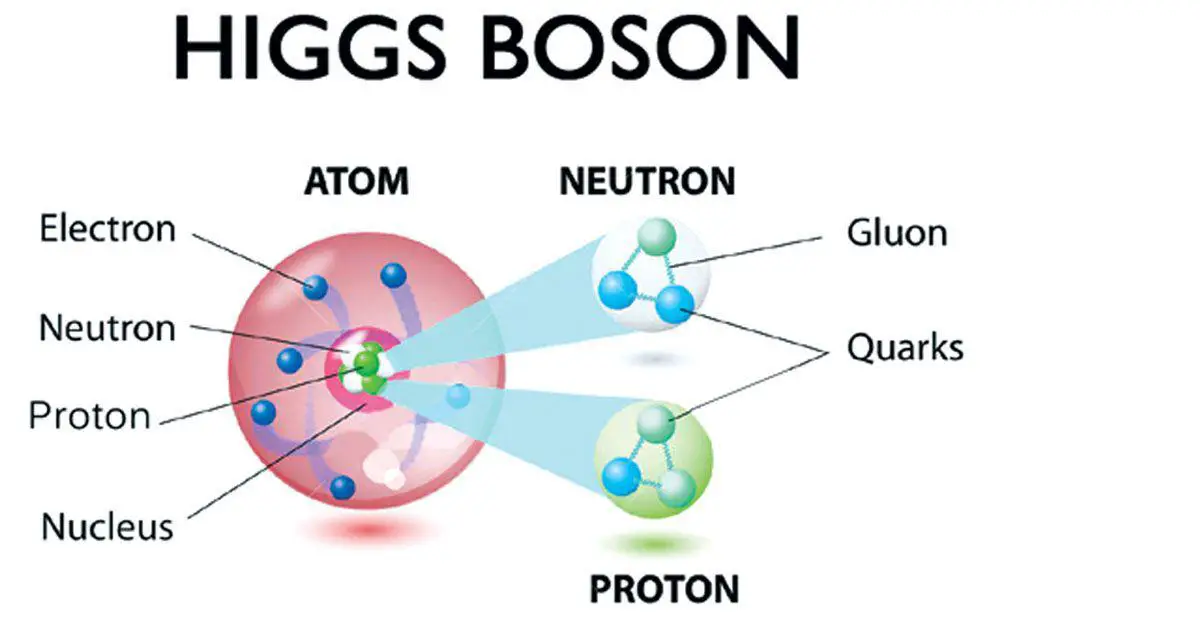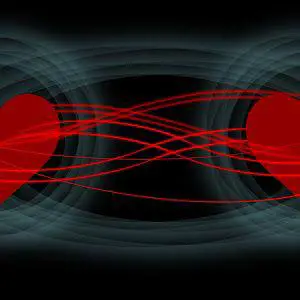The Higgs Boson: A Journey Through the Heart of the Universe
Category: Science
Date: February 2023
Views: 1.01K
The Higgs boson is a particle that was discovered in 2012 by the Large Hadron Collider (LHC) experiment at CERN, the European Organization for Nuclear Research. This discovery marked a major milestone in the understanding of the universe and confirmed the existence of the Higgs field, which gives particles mass.
The Higgs Field and the Higgs Mechanism
The Higgs field is an invisible field that permeates all of space and gives particles mass. It is similar to other fields in physics, such as electromagnetic or gravitational fields, but it is unique in that it interacts with particles in such a way as to give them mass.
The Higgs mechanism is the process by which particles acquire mass through their interactions with the Higgs field. When particles pass through the Higgs field, they experience a drag force that slows them down, just as a swimmer experiences resistance when moving through water. The amount of drag experienced by a particle depends on its interaction with the Higgs field, and this interaction gives the particle its mass.
The Discovery of the Higgs Boson
The discovery of the Higgs boson was a major triumph for the scientific community and confirmed the existence of the Higgs field. The Higgs boson is the particle that gives rise to the Higgs field and is responsible for giving other particles mass.
The discovery was made possible by the Large Hadron Collider (LHC), a massive particle accelerator located at CERN in Switzerland. The LHC accelerates particles to high speeds and collides them, creating high-energy collisions that can reveal new particles and phenomena.
In 2012, after years of searching, the LHC finally discovered the Higgs boson. This discovery confirmed the existence of the Higgs field and the Higgs mechanism, and provided important insights into the nature of the universe.
Implications of the Higgs Boson Discovery
The discovery of the Higgs boson has important implications for our understanding of the universe. It confirms the existence of the Higgs field and the Higgs mechanism, which give particles mass and play a crucial role in the formation of galaxies and the evolution of the universe.
In addition, the Higgs boson is a key ingredient in the Standard Model of particle physics, which is the current theoretical framework for understanding the behavior of subatomic particles. The discovery of the Higgs boson confirmed the validity of the Standard Model and provides a foundation for further study and exploration in particle physics.
Conclusion
The Higgs boson is a fascinating and important particle that has provided important insights into the nature of the universe. Its discovery has confirmed the existence of the Higgs field and the Higgs mechanism, and has implications for our understanding of the behavior of subatomic particles. The study of the Higgs boson and its properties continues to be an active area of research, and it is sure to yield many exciting discoveries in the years to come.
In conclusion, the Higgs boson is a remarkable particle that has captured the imagination of scientists and the public alike. It provides a window into the inner workings of the universe and offers a deeper understanding of the laws of physics that govern our world. With continued research and exploration, the Higgs boson will surely continue to play a central role in our journey to uncover the mysteries of the universe.





















0 Comments, latest